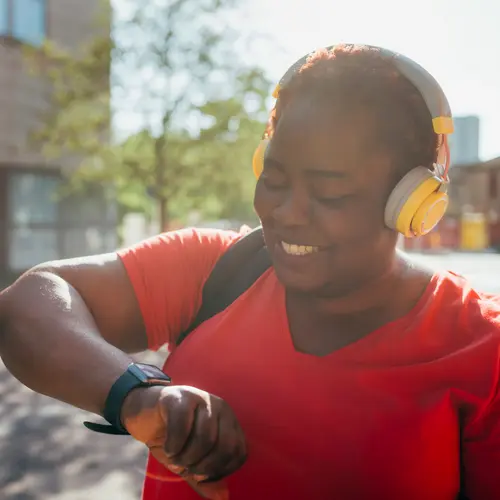Diabetes can cause your blood sugar to rise to unhealthy levels after eating. There are reasons for it and things that can keep that from happening.
Mealtime and Glucose
After you eat, your body starts to break down the food in your stomach into fuel. That means the amount of glucose in your blood will go up.
If you have diabetes, you probably use a meter to check your blood sugar level. That tool usually uses a drop of your blood to measure your blood sugar.
Most people with diabetes test their glucose before eating and 2 hours after they start a meal. Before they eat, an adult should have a glucose reading of 80 to 130. Afterward, the number should be below 180.
Why Are Spikes Dangerous?
Doctors call an after-meal spike in blood sugar postprandial hyperglycemia. Over time, high blood sugar can cause problems with your kidneys, nerves, eyes, and heart.
How Do I Know My Blood Sugar Is Too High?
If your glucose level is more than 200, you may get symptoms of hyperglycemia. These may include:
- Thirst
- Fatigue
- Nausea
- Feeling confused or agitated
- Frequent urination
- Blurred vision
Treating a Blood Sugar Spike
If you have those symptoms, check your blood sugar. If it's high, you may be able to get it down if you get 10-15 minutes of exercise, like a short walk.
But if your level is more than 240, you should test yourself for the presence of something called ketones before your workout. Ketones are an acid produced when your body burns stored fat. If you exercise when having high levels of ketones in your blood, it can make blood sugar spikes worse or cause something called ketoacidosis, which is a life-threatening condition. You can test for ketones at home by using your glucose meter or a simple urine test. If you have them, don't exercise. Instead, talk with your doctor about how to manage them.
If you have a severe hyperglycemic spike, you may have to go to a hospital to get extra fluids and insulin.
If you have sugar spikes a lot, talk to your doctor. You may need to tweak your treatment plan.
How Do I Prevent Spikes?
There are three main ways to manage diabetes and keep your blood sugar in check.
Drugs like insulin or metformin, which are used to treat Type 2 diabetes, should be taken on a regular schedule. Your doctor will help you set a plan and figure out which medicines you need.
Eating properly can make a spike less likely. A scale called the glycemic index can tell you which foods are more likely to result in blood sugar jumps, so it's easier to plan your meals. Ask your doctor about it.
Exercise helps your body take in glucose more slowly. It also improves your circulation and helps you keep your weight down. You may want to work at least 30 minutes of activity into your daily routine. Talk to your doctor.

